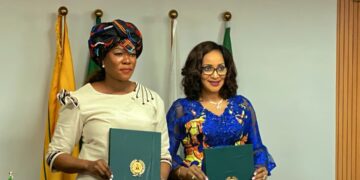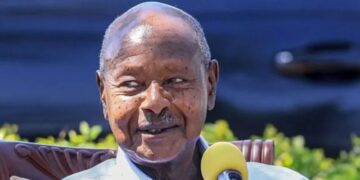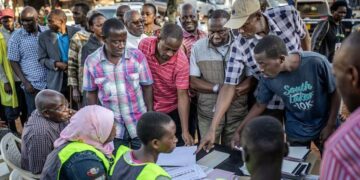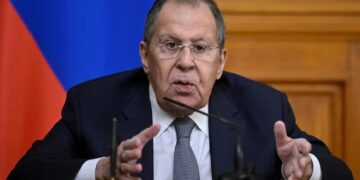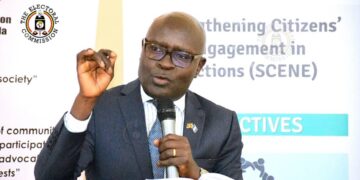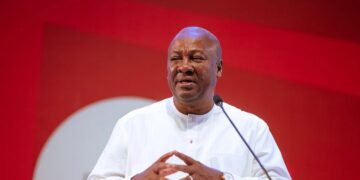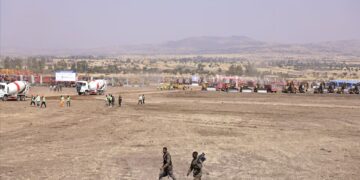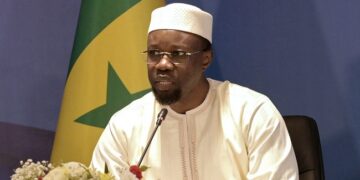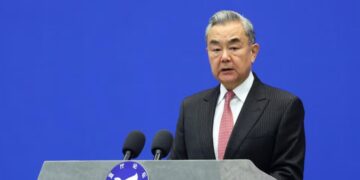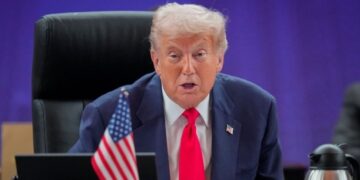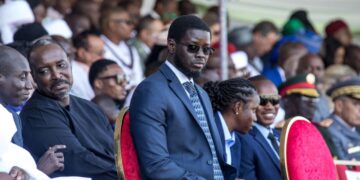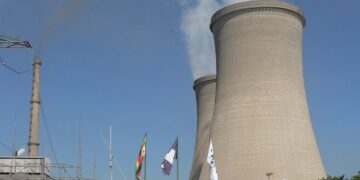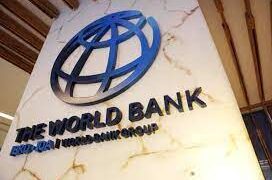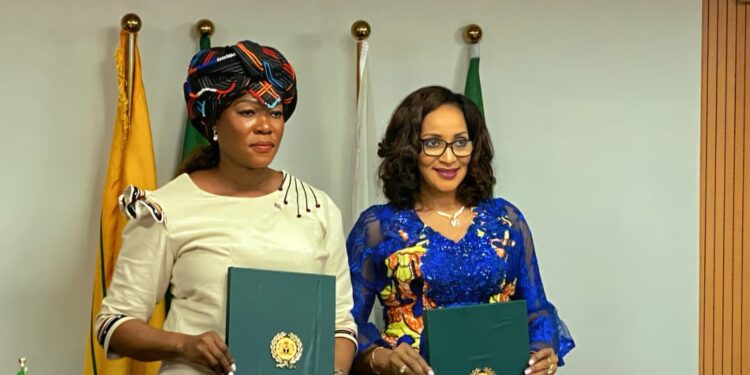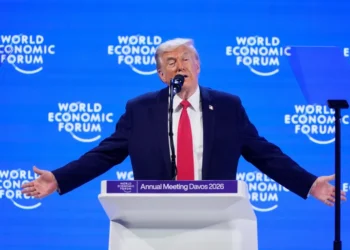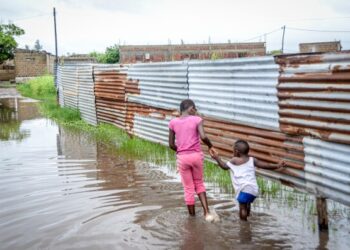By Ebi Kesiena
The Nigerian Government has expressed grave concern over the recurring cases of extrajudicial killings of Nigerians in South Africa and the persistent delays in bringing perpetrators to justice.
This position was made known recently during the Nigeria–South Africa Political Consultations held in Abuja. The high-level meeting was co-chaired by Nigeria’s Ministry of Foreign Affairs and South Africa’s Department of International Relations and Cooperation (DIRCO).
Speaking on behalf of Nigeria, Minister of State for Foreign Affairs, Ambassador Bianca Odumegwu-Ojukwu, lamented that despite the strong historical and diplomatic ties between both nations, incidents of violence, discrimination, and targeted attacks against Nigerians have continued unabated.
According to her, many of these attacks have been linked to the “Dudula” group — a notorious anti-immigrant movement that has terrorized Nigerians and other foreign nationals across South Africa since emerging in Johannesburg’s Soweto township in 2021.
“We cannot ignore the recurring reports of extrajudicial killings and the slow delivery of justice for the deceased Nigerians,” Odumegwu-Ojukwu said. “These incidents cast a shadow over our long-standing relations and undermine the spirit of African unity that binds our two nations.”
She urged the South African government to demonstrate greater commitment to accountability, ensure justice for victims, and strengthen mechanisms for the protection of Nigerian citizens and businesses residing in the country.
Responding, South Africa’s Deputy Minister of International Relations and Cooperation, Anna Moraka, acknowledged Nigeria’s concerns, stressing that her government strongly condemns all acts of violence and xenophobia. She assured that the position of “Operation Dudula” does not reflect South Africa’s official stance.
“South Africa remains a welcoming nation,” Moraka said. “We value our Nigerian brothers and sisters and are taking steps under President Cyril Ramaphosa’s leadership to enhance the safety of all foreign nationals living within our borders.”
The session also reviewed key areas of bilateral cooperation, including trade, investment, mining, defense, and technology. Both countries reaffirmed their shared commitment to reforming global institutions, particularly the United Nations Security Council, to ensure stronger African representation.
Tuesday’s consultations concluded with the signing of a Memorandum of Understanding (MoU) on Early Warning Mechanism, designed to strengthen communication, improve coordination, and prevent potential crises between Nigeria and South Africa.
